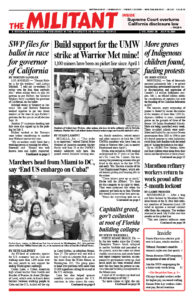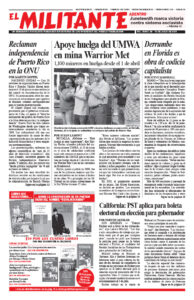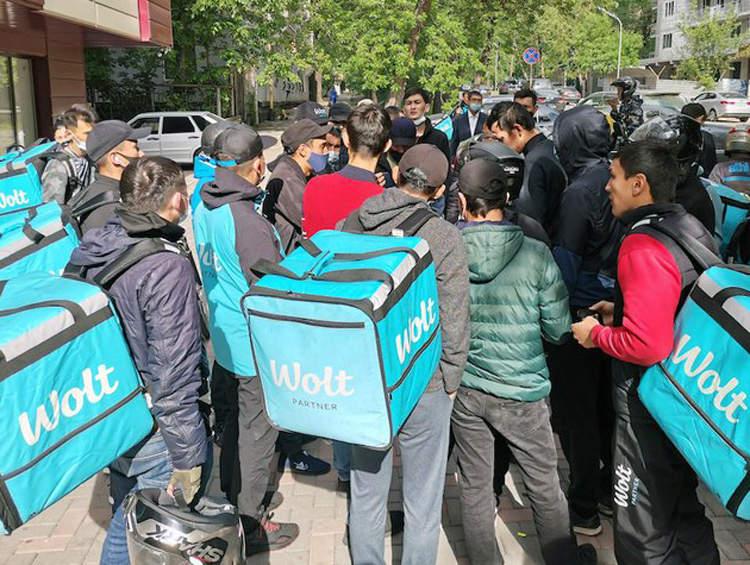Food-delivery workers in Kazakhstan — similar to those whose numbers are growing worldwide — are fighting to organize the first couriers’ union in the country. Some 200 workers are finalizing a charter, Zhenis Orynaliyev, the union chairperson, told openDemocracy June 30.
During the May 9 holiday weekend, which celebrates the Soviet Union’s defeat of Nazi Germany in World War II and honors Kazakh veterans, the food-delivery company Wolt cut delivery workers pay 30% to 50%. About 100 workers protested outside company offices in Almaty May 18 and went on strike the next day.
Alibek Yesov, who heads Wolt operations in Kazakhstan, blamed the pay cuts on a drop in deliveries during the Muslim holy month of Ramadan. “Unimpressed by this explanation, couriers again picketed,” Eurasianet reported.
“Everyday life becomes more expensive, yet our employers have the guts to cut our wages or fire us without hesitation. What is left for us to do?” one courier told openDemocracy, asking his name not be used for fear of retaliation. “We are all very nervous, and that’s why we had to go on strike.”
“Just like most others, I also owe money to the bank,” Azamat, a courier for app-based Glovo, said. “We all took out loans to pay for our cars and bikes, so we work like robots from dawn to dusk to pay back our debts.”
Finnish-owned Wolt operates in more than 30 countries across Europe, the Middle East and Asia. They set up shop in Kazakhstan in 2019. Profits there in 2020 were over two times higher than the previous year, even though the country’s gross domestic product shrank by 2.6% during the COVID-19 pandemic.
In addition to delivery workers’ pay demands, “they complained that around four dozen workers had been blocked out of the system,” Eurasianet reported, denying them the ability to log on for work. “Our protests hit the company’s reputation, that’s why they suspended us,” one worker said.
The Kazakhstan government requires some delivery companies to deduct taxes, pension payments and health insurance from workers’ wages, driver Yerzhan told openDemocracy. “They pay taxes out of the employee’s paycheck but at the same time do not bear any social responsibility for us.”
Other drivers must sign “civil contracts” with the delivery companies, which don’t cover social security. Called a “partnership,” writes openDemocracy, this “turns couriers into entrepreneurs: they take home as much revenue as they can deliver on any given day and then pay taxes, pension contributions and more out of their earnings.”
So delivery drivers for different companies — including Wolt, Glovo and Chocofood — face different conditions, which make fighting to be a company employee or remaining an independent contractor better for some and not others.
Almaz, who works as a courier for Wolt, said they are limited in getting other jobs. Unemployment has risen by eight times to levels not seen for 20 years in Kazakhstan.
After the protests at Wolt, for now, previous pay rates have been restored and suspended workers were allowed back. Union organizers are working to open up spaces where drivers can meet and rest.
Similar protests have been organized by couriers in the Georgian capital of Tbilisi and in Kyiv, Ukraine.


